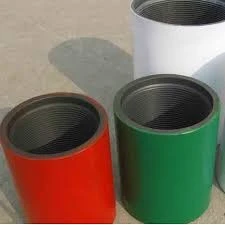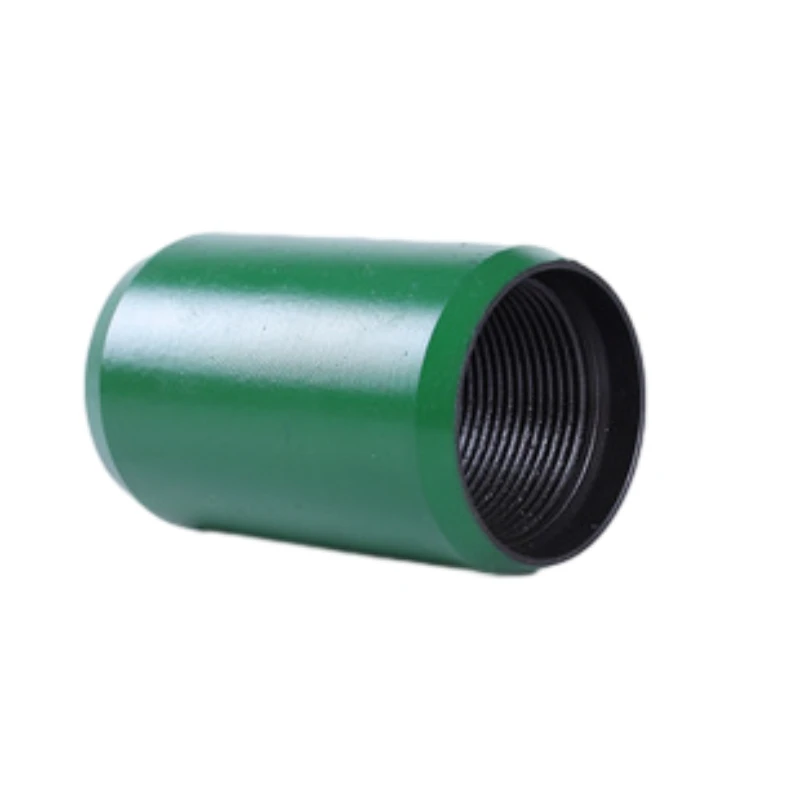- Afrikaans
- Albanian
- Amharic
- Arabic
- Armenian
- Azerbaijani
- Basque
- Belarusian
- Bengali
- Bosnian
- Bulgarian
- Catalan
- Cebuano
- Corsican
- Croatian
- Czech
- Danish
- Dutch
- English
- Esperanto
- Estonian
- Finnish
- French
- Frisian
- Galician
- Georgian
- German
- Greek
- Gujarati
- Haitian Creole
- hausa
- hawaiian
- Hebrew
- Hindi
- Miao
- Hungarian
- Icelandic
- igbo
- Indonesian
- irish
- Italian
- Japanese
- Javanese
- Kannada
- kazakh
- Khmer
- Rwandese
- Korean
- Kurdish
- Kyrgyz
- Lao
- Latin
- Latvian
- Lithuanian
- Luxembourgish
- Macedonian
- Malgashi
- Malay
- Malayalam
- Maltese
- Maori
- Marathi
- Mongolian
- Myanmar
- Nepali
- Norwegian
- Norwegian
- Occitan
- Pashto
- Persian
- Polish
- Portuguese
- Punjabi
- Romanian
- Russian
- Samoan
- Scottish Gaelic
- Serbian
- Sesotho
- Shona
- Sindhi
- Sinhala
- Slovak
- Slovenian
- Somali
- Spanish
- Sundanese
- Swahili
- Swedish
- Tagalog
- Tajik
- Tamil
- Tatar
- Telugu
- Thai
- Turkish
- Turkmen
- Ukrainian
- Urdu
- Uighur
- Uzbek
- Vietnamese
- Welsh
- Bantu
- Yiddish
- Yoruba
- Zulu
ມ.ກ. . 30, 2025 03:54
Back to list
tubing crossover
Tubing collars are critical components within the oil and gas industry, especially in operations involving drilling and extraction. These collars serve as coupling devices that securely connect individual lengths of tubing, ensuring the structural integrity of a wellbore. Their significance is often underappreciated by those outside the industry, but for professionals within, their expertise on tubing collars can make or break the efficiency and safety of operations.
In terms of innovations, the advent of digitally monitored tubing collars has enhanced trustworthiness within operations. By integrating sensors, these smart collars provide real-time data on temperature and pressure conditions. The ability to monitor these parameters remotely allows companies to react instantly to deviations that might suggest a leak or potential failure, thus averting disasters. Tubing collars also play a role in operational efficiency beyond their mechanical functions. By maintaining well integrity, they enable optimal production levels and contribute directly to the profitability of a project. Hence, selecting the right tubing collar encompasses both economic and engineering expertise, assuring that the integrity of the well aligns with the fiscal objectives of the operation. Practical experience shows that routine maintenance and checks are indispensable for sustaining the performance of tubing collars. Scheduled inspections preemptive of environmental shifts or equipment wear ensure longevity and reliability. Many organizations now incorporate artificial intelligence and predictive analytics to maintain a proactive upkeep regime, a development facilitated by the ongoing digitization of oilfield technologies. The future of tubing collars is expected to see further advances inspired by ongoing technological developments in materials science and digital innovation. Industry experts project enhancements in materials that offer even greater resistance to the harshest of environments, and integration with artificial intelligence to predict and preempt issues before they arise. Summing up the intricate world of tubing collars, it's evident they are more than mere links in a drilling string; they hold the key to ensuring seamless and secure operations. Their role underscores the necessity for informed decision-making, the importance of cutting-edge technology, and the irreplaceable value of industry-specific expertise. It is this confluence of experience, professionalism, authority, and reliability that ensures every tubing collar not only meets but exceeds operational expectations, reaffirming their critical position in oil and gas production.


In terms of innovations, the advent of digitally monitored tubing collars has enhanced trustworthiness within operations. By integrating sensors, these smart collars provide real-time data on temperature and pressure conditions. The ability to monitor these parameters remotely allows companies to react instantly to deviations that might suggest a leak or potential failure, thus averting disasters. Tubing collars also play a role in operational efficiency beyond their mechanical functions. By maintaining well integrity, they enable optimal production levels and contribute directly to the profitability of a project. Hence, selecting the right tubing collar encompasses both economic and engineering expertise, assuring that the integrity of the well aligns with the fiscal objectives of the operation. Practical experience shows that routine maintenance and checks are indispensable for sustaining the performance of tubing collars. Scheduled inspections preemptive of environmental shifts or equipment wear ensure longevity and reliability. Many organizations now incorporate artificial intelligence and predictive analytics to maintain a proactive upkeep regime, a development facilitated by the ongoing digitization of oilfield technologies. The future of tubing collars is expected to see further advances inspired by ongoing technological developments in materials science and digital innovation. Industry experts project enhancements in materials that offer even greater resistance to the harshest of environments, and integration with artificial intelligence to predict and preempt issues before they arise. Summing up the intricate world of tubing collars, it's evident they are more than mere links in a drilling string; they hold the key to ensuring seamless and secure operations. Their role underscores the necessity for informed decision-making, the importance of cutting-edge technology, and the irreplaceable value of industry-specific expertise. It is this confluence of experience, professionalism, authority, and reliability that ensures every tubing collar not only meets but exceeds operational expectations, reaffirming their critical position in oil and gas production.
Latest news
-
Tubing Pup Joints: Essential Components for Oil and Gas OperationsNewsJul.10,2025
-
Pup Joints: Essential Components for Reliable Drilling OperationsNewsJul.10,2025
-
Pipe Couplings: Connecting Your World EfficientlyNewsJul.10,2025
-
Mastering Oilfield Operations with Quality Tubing and CasingNewsJul.10,2025
-
High-Quality Casing Couplings for Every NeedNewsJul.10,2025
-
Boost Your Drilling Efficiency with Premium Crossover Tools & Seating NipplesNewsJul.10,2025
Related Products







